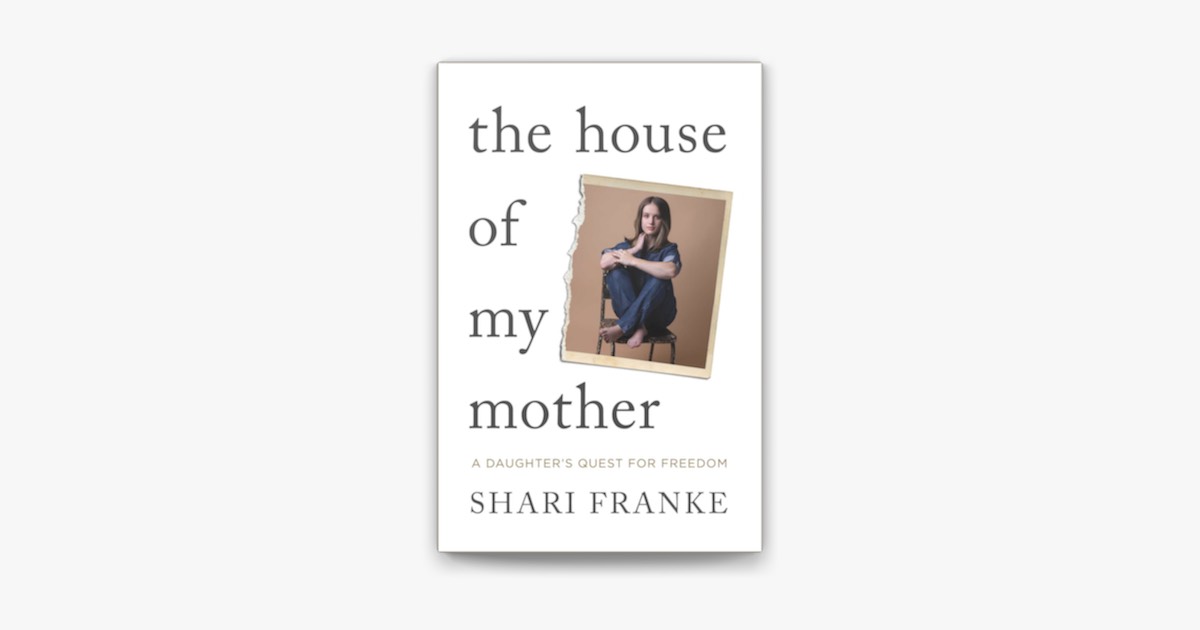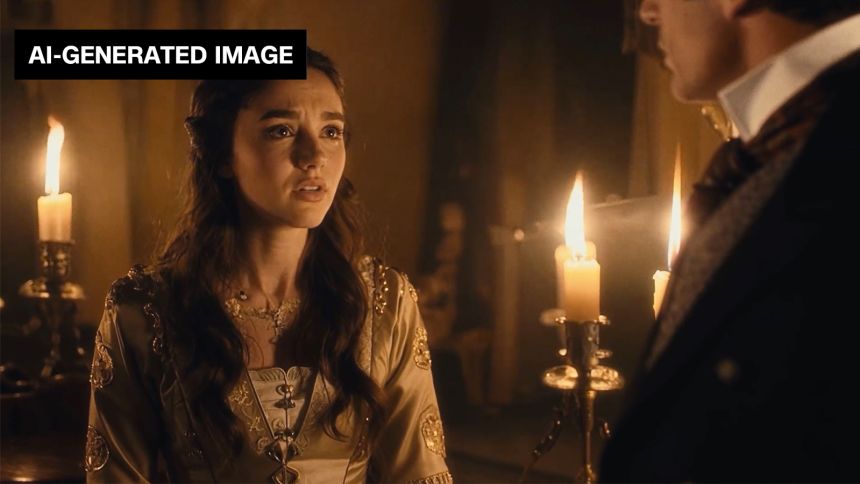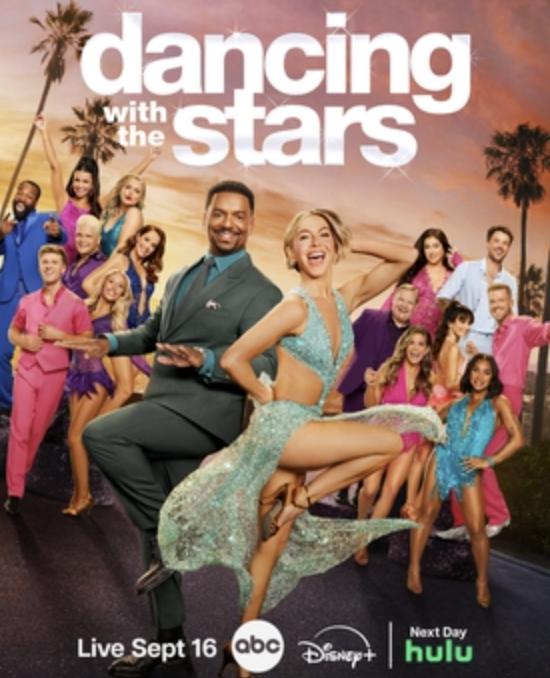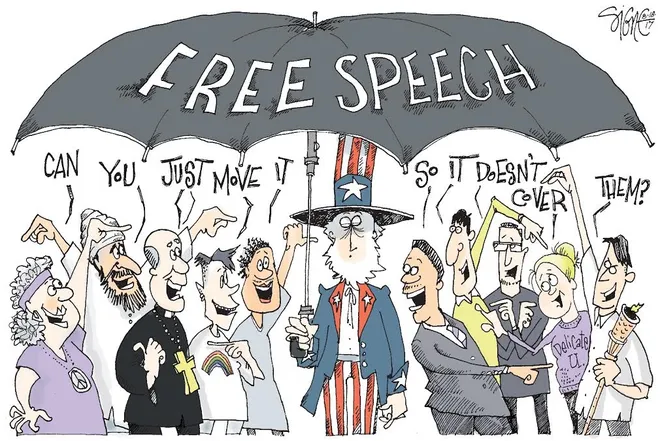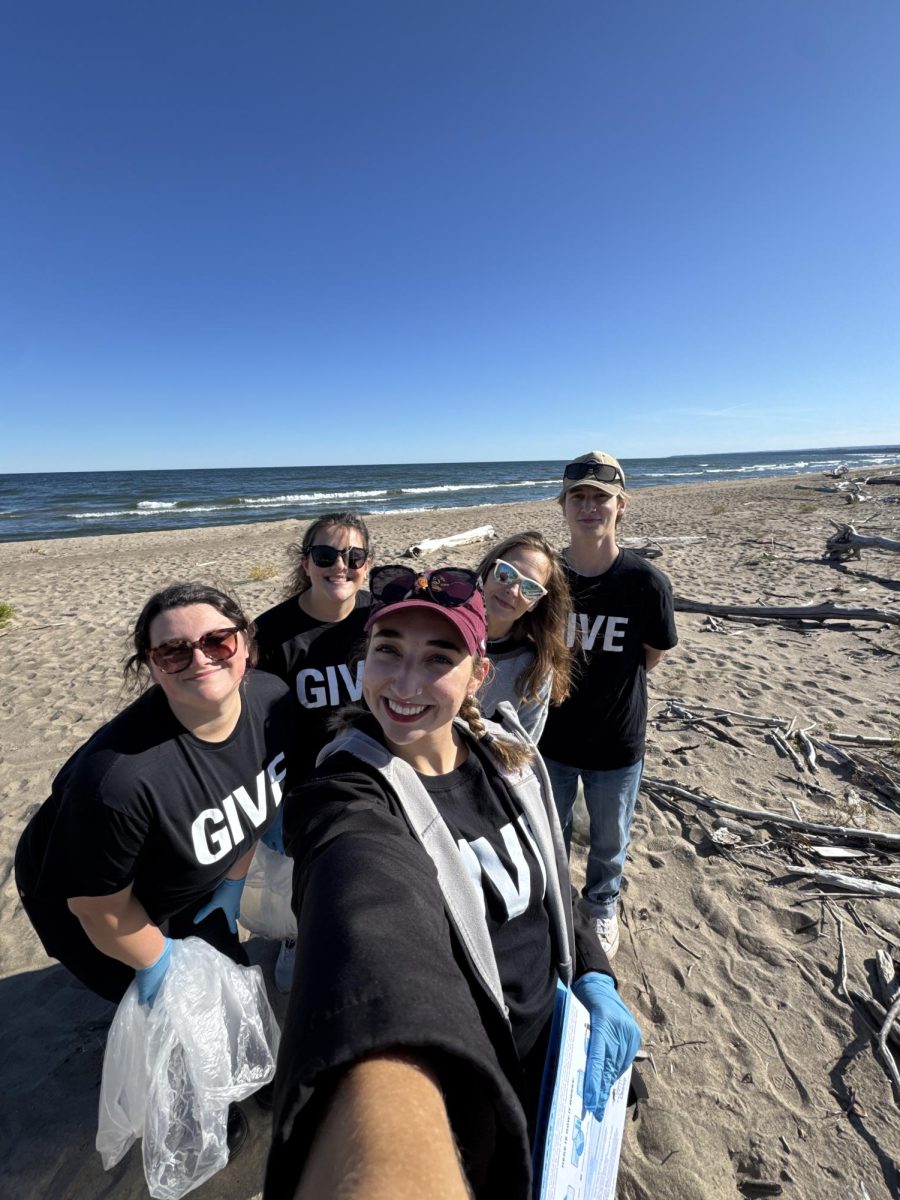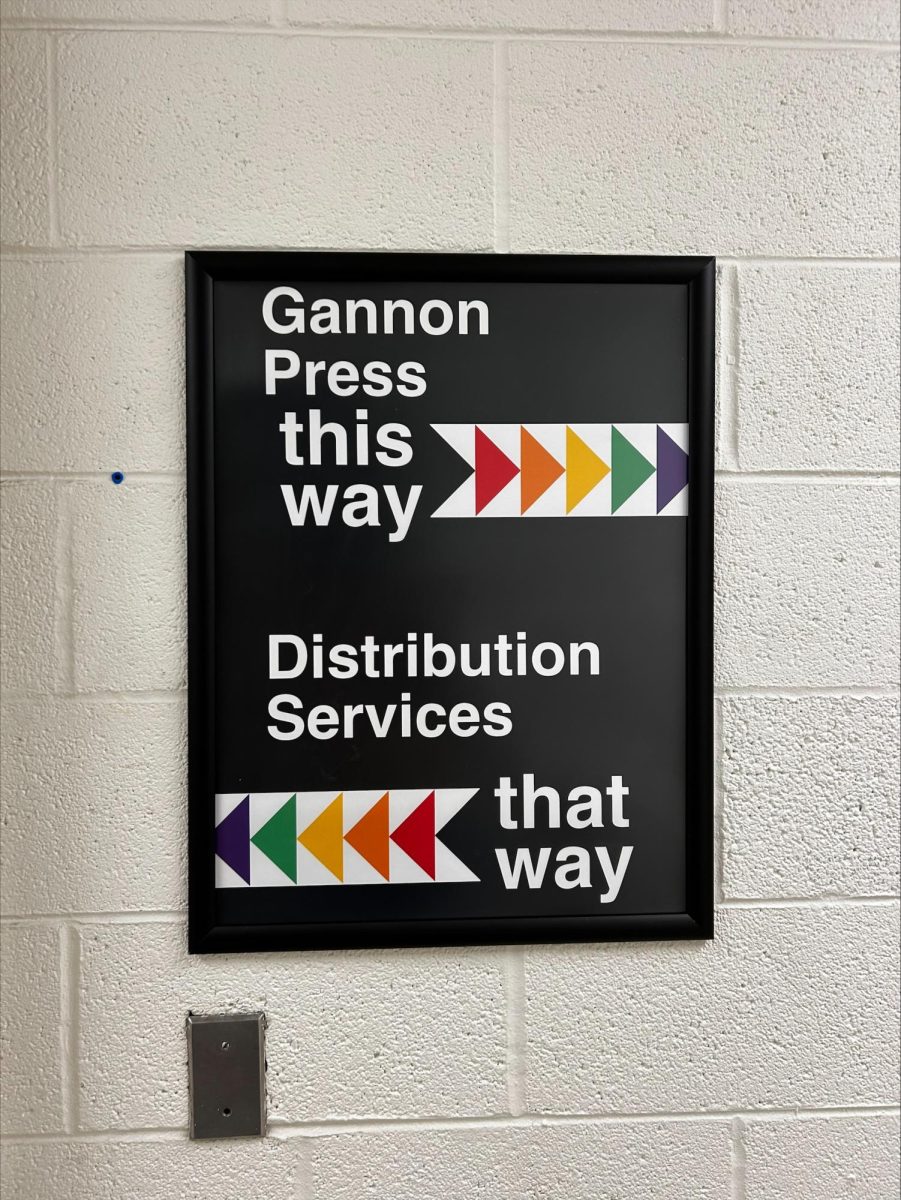February 7, 2025/Midnight
Erie, PA.— “Act like you’re crying.” Jordan Cheyenne, a family vlogger, says to a camera. She sits in a car, with her young son in the passenger seat, having just told him the news that his dog passed away.
The viewer can hear a young boy crying, out of sight of the camera. Her son says, “I am crying.”
“Go like this.” Cheyenne demands, pulling him into view of the camera.
“No, mom, I actually am seriously crying.” He says,
“No, I know, but go like this,” she instructs, hands and face frozen in a pose that mimics dramatically wiping away tears, “for the video.”
Later, when Cheyenne realizes that she had forgotten to take out what she calls ‘bloopers’ from the end of her video- only one of many that she featured her young son on for her YouTube channel- she would take the video down and film an apology. But, the clip of her son, rightfully emotional over the death of his dog, will live on the Internet forever. And the callousness of his mother will too.
Think about the worst moment of your life.
Was it finding out a close friend or family member had passed away? Was it a horrible breakup that took you months, maybe years to recover from?
It could be any number of things. But imagine that in that moment your parents shoved a camera into your face and instructed you to look at the camera while you cried.
Imagine that your entire life was on the Internet. You’d be faced with the same reality that a disturbing number of children are now living though.
From the moment your mother gave birth to you or took you home from the hospital. Every wild tantrum you had as a toddler, learning how to interact and react to the world around you. The first time you go to school, and the first time you fail a test. The first time someone asks you out as a teenager, and subsequently the first time that someone breaks up with you.
Every moment is filmed, edited, and uploaded for the eyes of millions to see. To judge.
What can often start as a cute moment between the members of a loving family, can end in a manner that feels horribly dystopian and dark. And yet, this is the reality for a growing number of children around the world. Yet, they have next to no right to get it to stop.
The problems surrounding children and content creation are still present, in even the most mild and well-intentioned videos. Go onto your Instagram or YouTube account, and you’ll spot one of these sorts of videos pretty quickly. Perhaps it’s a parent showing what at first glance can look like a helpful parenting tip. A child is recorded, often crying or yelling, throwing his dinner on the floor. And the parent sits there with a camera, gently explaining how they handle the situation.
Maybe the advice is good. Maybe not. But let’s take a closer look.
That child will grow up with their toddler tantrums plastered all over the internet. These videos often get millions of likes and shares. In a few years, their friends and classmates will find these videos of them online and very possibly judge and shame the child, for something they had absolutely no control over. A few years after that, they’ll enter the workforce. And when their employers do the barest of background checks, searching the Internet for that child’s name, every major milestone, good and often bad, will pop onto the screen.
Is it worth the possibility of adding what can be years of trouble to an innocent child’s life for sub-par parenting advice?
If your answer is still yes, it might not be for long.
Child labor laws rarely apply to children on the Internet. Which means that in traditional mediums like acting, children are highly regulated. They are required to only work for a certain number of hours per day, required to have a certain number of breaks, a certain period for lunch. And this all changes based on their age. Child actors are also required to be paid a certain amount. But right now, in all but two U.S. states, there are no regulations on children featured in Internet content. While Illinois has a law that requires the parents of child content creators to have a certain amount of money set aside for them in a trust they can access once they reach a certain age, and Minnesota has put certain restrictions for these influencers- especially regarding age- they are the only states with any regulations.
For the other 48 states in the country, as well as many other countries globally, children have absolutely no protection from this sort of exploitation.
What does this mean exactly? In states with no regulation, everything from the moment of a child’s birth, up until they turn 18 can be filmed and monetized. While their parents may become millionaires off this content, the child is not entitled legally to a single dollar. Their life becomes content, their joy and pain alike exploited, and they don’t even have the right to be financially compensated for it. They don’t have the right to refuse to be in content, either. Often, there’s no winning, and there’s no way out.
Children are facing embarrassment and possible loss of job opportunities. But it doesn’t stop there. Because many children who have already spent a large amount of their lives posted to the Internet have come out against one more thing: their rampant sexualization. In a study done by PubMed Central, young adults surveyed reflected back on their time spent on the Internet as a minor, and found that over 15% experienced image-based sexual abuse, over 7% were groomed by adults, and over 7% were victims of nonconsensual sexual messages. These people surveyed were not exclusively content creators and likely had typical upbringings regarding the Internet. Imagine the rates of sexual abuse and harassment for the children who have spent their entire lives being posted online. One of the most recent, and possibly most widespread story that has come from this strain of monetizing children for content is the horrifying story of Ruby Franke: a mother who posted content of her six children for years. Franke portrayed her family as an idyllic model, and for a while, her viewers were convinced. But, behind the scenes, Franke was abusing her children.
Her daughter, Shari Franke, now 21 years old, says this in her book, The House of My Mother: A Daughter’s Quest for Freedom, regarding her childhood. “Our lives … revolved around nonstop content creation, whether we liked it or not. You couldn’t sneeze without it being immortalized from multiple angles,” Shari writes. “Puberty is brutal enough, let alone with an audience.”


